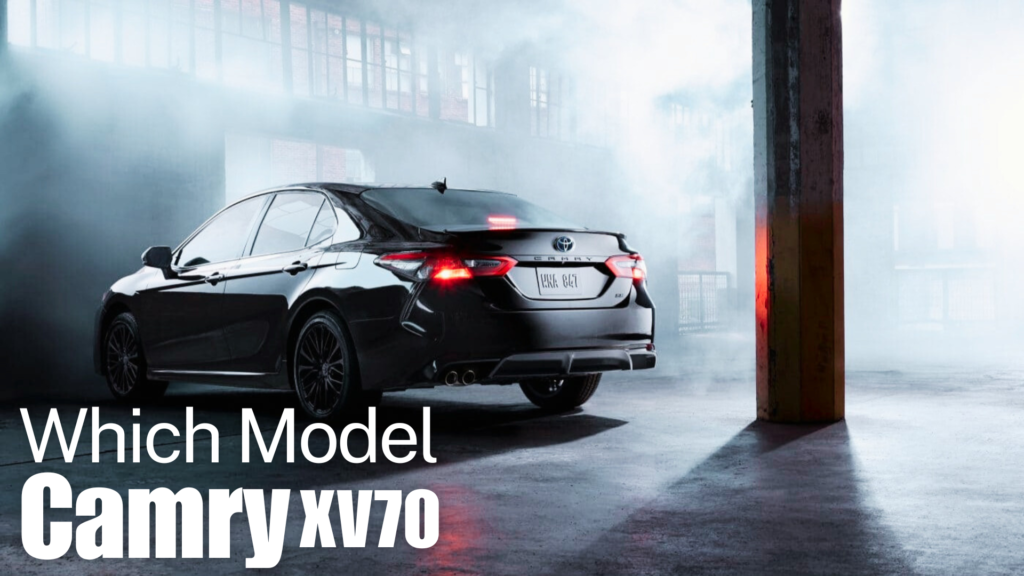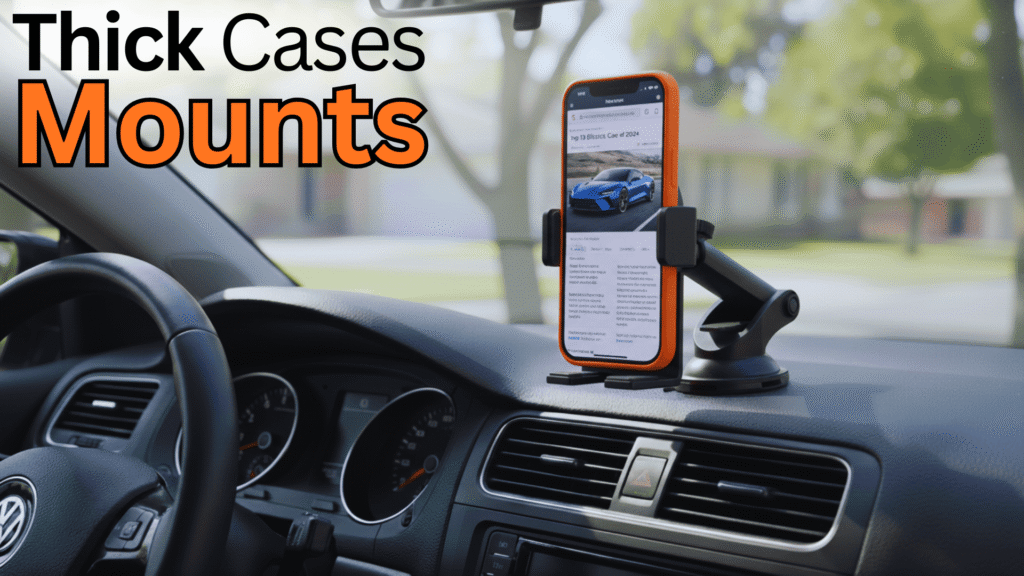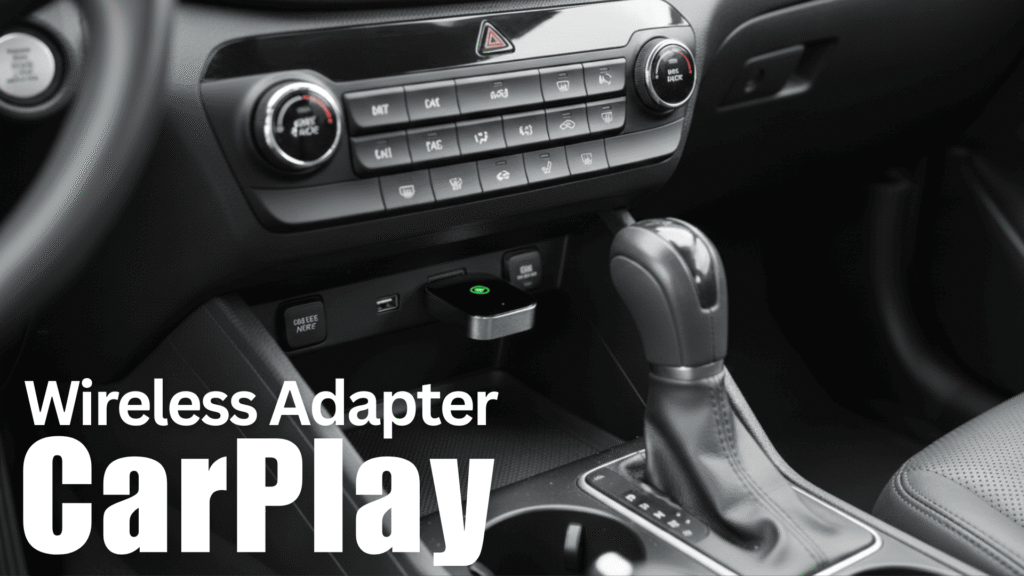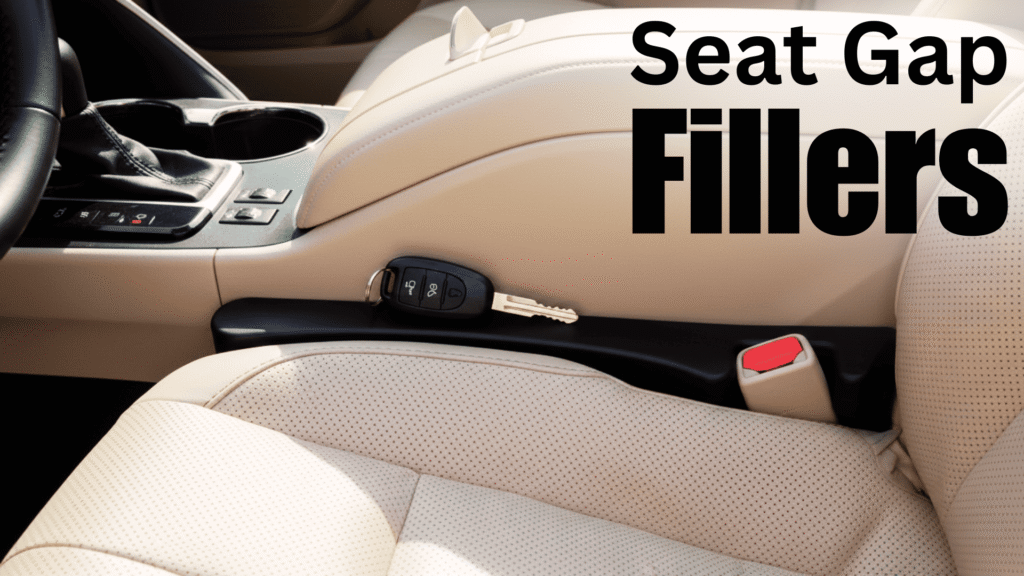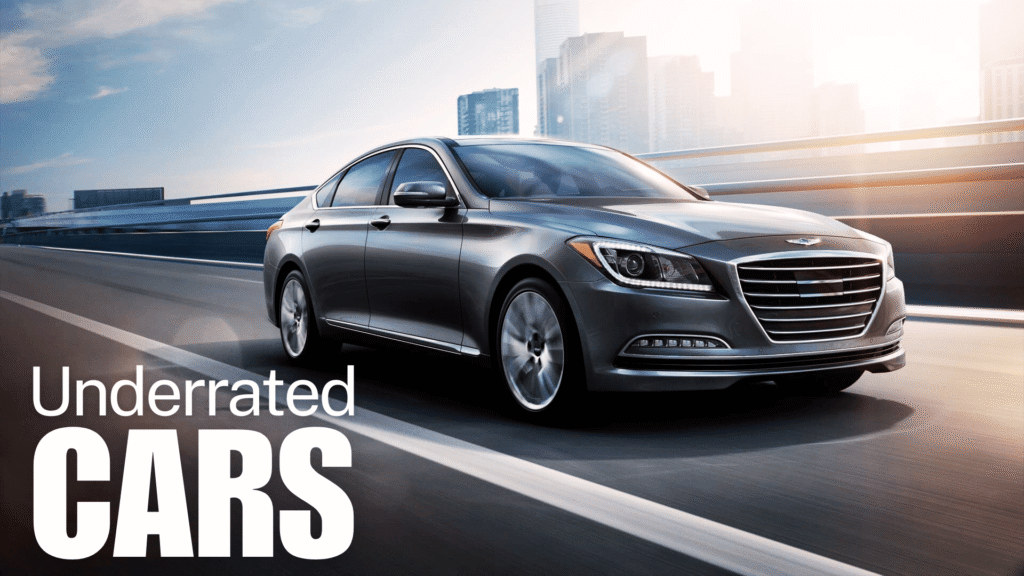So why are we talking about Korean and Japanese cars? Well, over the years these two have truly changed the car game worldwide showing they can hang when it comes to reliability affordability and fresh ideas.
Japanese car makers obviously got started way earlier. Because of that early jump they’ve earned a rep for being economical efficient and dependable. On the other hand Korean brands had a pretty modest beginning. But they closely watched the Japanese and learned from them like eager students especially after the 1997 Asian financial crisis. They really upped their game fast investing a lot in research and development better engineering and giving good prices along with some bold marketing to hype their killer warranties to attract buyers. It’s no surprise that their hard work paid off big time. They started growing stronger and stronger to the point that some buyers are now caught in the middle trying to choose between Korean or Japanese brands. So are they really equal? Have the Koreans caught up to their teachers?
Let’s take a look at what makes Korean and Japanese cars so reliable and what they’re really worth when it’s time to sell.

Defining Automotive Reliability
Automotive reliability is a vehicle’s likelihood to operate without unexpected failures over time and mileage. It combines failure frequency, severity, and time-to-failure with repair cost and downtime to judge real-world dependability. Measured via owner surveys, warranty and repair claims, recall data, and fleet/durability testing, reliability highlights how often cars need fixes and how disruptive those fixes are.
Japanese Automakers: The Gold Standard in Longevity
For a long time now, Japanese car makers have been known for their reliability, with Toyota and Honda really leading the pack. Other brands like Mazda and Subaru aren’t too far behind either and have earned a strong reputation as well. They focus on using high-quality materials and keep a close watch on production standards, making sure their cars go through some tough testing. Nissan is kind of an exception here though, as it’s seen some ups and downs since the early 2000s when Renault took over and started changing things up. But the good news is that recent data shows they’re getting back on track.
Take Toyota for instance. Since it started back in 1937, it has made a name for itself by producing vehicles that are not only simple but also super durable. Models like the Camry, Corolla, and RAV4 keep selling like hotcakes worldwide thanks to their reliability and fuel efficiency. Toyota uses something called the Toyota Production System, which is all about streamlining the process and reducing waste. Honda’s got a similar approach, really digging into their engineering and putting their cars through a lot of durability tests before they hit the market.
When it comes to reliability ratings, both Toyota and Honda are always at the top of the list in consumer reports and long-term dependability studies from sources like J.D. Power and Consumer Reports. Their vehicles often hit that 200,000-mile mark with just a few hiccups along the way.
Korean Automakers: The Rapid Ascent
Hyundai and Kia used to be seen as just budget options compared to Japanese cars But man have they changed Over the last twenty years Hyundai Motor Group has poured a ton of money into research building fancy manufacturing plants and bringing in some of the best engineers and designers from big names like BMW and Mercedes-Benz
Now Hyundai and Kia are right up there with the Japanese brands when it comes to durability Their models like the Hyundai Tucson and Kia Telluride have scored really high in long-term reliability studies And that awesome 10-year/100,000-mile warranty really helps buyers feel good about what they’re getting
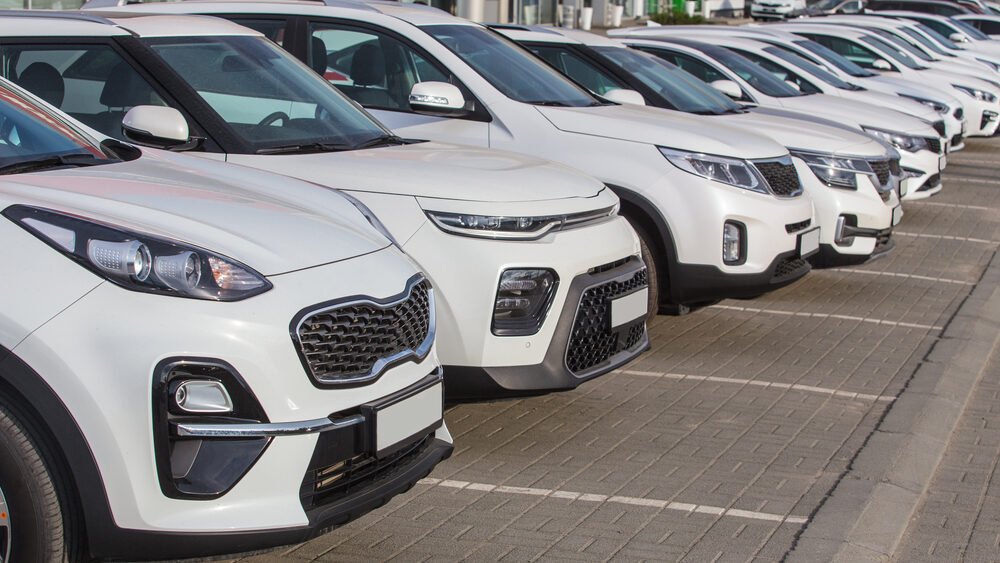
Korean vs. Japanese Car Brands: A Closer Look
Hyundai and Kia: Awesome Features at Great Prices
The two major Korean car brands in the US are Hyundai and Kia. They’ve made a name for themselves around the world. Hyundai started way back in 1967, while Kia got into the car manufacturing in 1974 and was acquired by Hyundai in 1998. They really hit their stride by offering cars loaded with features at prices that won’t break the bank. If you’re wondering what sets Kia and Hyundai apart, keep in mind that Hyundai leans more towards comfort while Kia has a sportier edge.
You’ll often find their models equipped with larger screens, added comfort features, and plenty of driver-assist tools as standard, all at a lower starting price compared to other brands. To show you what I mean, let’s take a quick look at the 2024 Kia Telluride (LX) and the 2024 Toyota Highlander (LE). They’re both in that three-row SUV category, but the Kia offers more tech and a longer warranty at a better price. This just goes to show that not all the best deals come from Toyota or Honda.
| Item | 2024 Kia Telluride LX | 2024 Toyota Highlander LE |
|---|---|---|
| Starting MSRP (base FWD) | $36,190. | $39,270 (LE). |
| Infotainment screen | 12.3-inch touchscreen standard (Apple CarPlay/Android Auto, 6 speakers). | 8.0-inch touchscreen standard (wireless CarPlay/Android Auto on higher trims). |
| Heated front seats (standard?) | Yes — heated front seats listed as standard on LX. | No — heated front seats are added on XLE; not standard on LE. |
| Climate control | 3-zone automatic climate control standard. | 3-zone automatic climate control standard. |
| Driver-assist suite (standard) | Kia DriveWise features: forward-collision, blind-spot warnings, lane-keep aids and more standard across trims. | Toyota Safety Sense 2.5+ standard (pre-collision, lane tracing, BSM/RCW available on LE). |
| Seating capacity | 8 passengers (3-row). | 8 passengers (3-row). |
| Warranty (new vehicle) | 5 yr / 60k basic; 10 yr / 100k powertrain (first owner). Strong advantage. | 3 yr / 36k basic; 5 yr / 60k powertrain; includes 2-yr complimentary maintenance on many 2024 Highlander offers. |
Bottom line: on a like-for-like base trim comparison the Telluride LX typically undercuts the Highlander LE by a few thousand dollars while arriving with a larger factory touchscreen, heated front seats, a full set of driver-assist features and a far longer powertrain warranty — concrete indicators that Korean brands bundle more standard kit to lure buyers who might otherwise default to Toyota or other Japanese makers like Honda and Mazda. (Caveat: option packages and dealer incentives shift effective price; always compare dealer-invoice builds for the exact spec you plan to buy.)
Consumer Ratings: How Do Korean and Japanese Cars Compare?
Let’s take a look at how the Toyota RAV4 and Kia Sorento compare based on what owners and experts are saying. checking Consumer Reports data which combines feedback from car owners with results from their tests to give us a good idea of how reliable a car is and how satisfied owners are. For the 2020 models, there’s a noticeable difference: the 2020 Toyota RAV4 is rated as more reliable and owners seem to be happier with it compared to the 2020 Kia Sorento.
| Metric (Consumer Reports) | 2020 Kia Sorento | 2020 Toyota RAV4 |
|---|---|---|
| Predicted reliability (CR) | Poor — 1 / 5 (predicted reliability very low). | Average — 3 / 5 (moderate predicted reliability). |
| Owner / consumer satisfaction (CR) | Below-average (owners less likely to repurchase vs class leaders). | Above-average / positive (strong owner satisfaction). |
| CR overall recommendation / notes | CR flagged notable reliability concerns for the 2020 Sorento in its predicted-reliability data. Recommend targeting later Sorento years or V6 trims if worried. | CR’s 2020 RAV4 is generally recommended for buyers seeking dependability, though specific trims (e.g., some hybrids) have variant issues—check trim-level CR notes. |
While that doesn’t mean every Sorento will fail of course as later Sorento years and specific powertrains improved. Still, looking at CR’s aggregate owner-survey–based metrics are a good, independent signal that Toyota generally tends to have better reliability in the used market compared to Korean brands.
Safety Features: Who Leads the Industry?
Both Korean and Japanese automakers prioritize safety, integrating Advanced Driver Assistance Systems (ADAS) across their lineups. Features like adaptive cruise control, lane-keeping assist, and automatic emergency braking are now standard across most models.
However, Japanese brands tend to have slightly higher safety ratings, largely due to Toyota and Honda’s long-standing leadership in crash safety research and implementation. That said, Hyundai and Kia have made notable strides, with models like the Hyundai Palisade and Kia Telluride achieving IIHS Top Safety Pick+ ratings.
| Test / Measure | 2024 Kia Sorento | 2024 Toyota RAV4 |
|---|---|---|
| IIHS — Small overlap front (driver) | Good (G). | Good (G). |
| IIHS — Moderate overlap front (original) | Good (G). | Good (G). |
| IIHS — Side (updated) | Good (G). | Acceptable / Good depending on exact trim; generally Good in IIHS summary. |
| IIHS — Front crash prevention (vehicle-to-vehicle) | Good (G) | Acceptable (A) |
| IIHS — Front crash prevention (pedestrian) | Good (G). | Good (G). |
| IIHS — Headlights (all trims) | Acceptable (A) | Good (G) |
| IIHS — Child-seat anchors / seat-belt reminders | Acceptable / Good (4 rear LATCH positions depending on trim. | Good / + (additional LATCH positions noted. |
| IIHS award status (2024) | Top Safety Pick (TSP) | Top Safety Pick (TSP) |
| NHTSA — Overall star rating (5-star system) | ~4 stars overall | 5 stars overall |
Both SUVs do really well in today’s safety tests but they have some small differences. The IIHS results show that the 2024 Sorento gets high marks for crash protection and has a strong crash avoidance system. The 2024 RAV4 does great in crash tests too but falls just a bit short on some of the avoidance and headlight measurements that IIHS uses to hand out its awards. The NHTSA star ratings, which go up to five stars, also place the RAV4 at the top while the Sorento gets really solid ratings but they’re not always the same. You can check the sources below the table for more details.
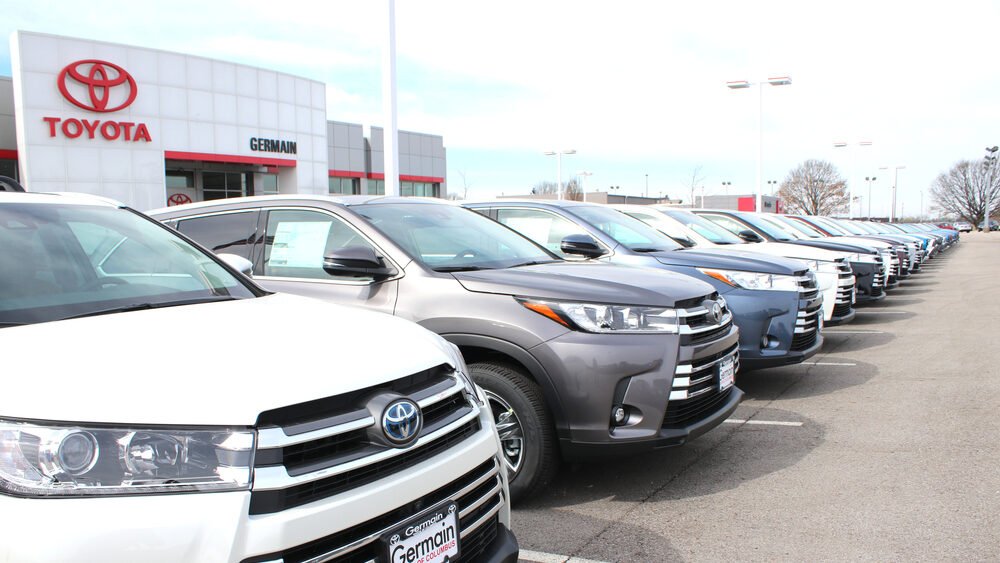
Maintenance & Repair Costs: Which Is More Affordable?
RepairPal’s average costs show that the RAV4 is about 20% cheaper to repair each year compared to the Sorento, which is a big deal if you’re trying to stick to a budget. The average annual repair cost for a 2024 Kia Sorento is $533, while the Toyota RAV4 comes in at $429 a year. Now, Edmunds has a different way of crunching numbers called the True Cost to Own, and they also found that the RAV4 has lower maintenance costs over five years compared to the Kia Sorento. This backs up the idea that Toyota usually has better running costs and resale value.
One reason for this is that Japanese cars tend to have lower maintenance costs because parts are easy to find and there are plenty of skilled mechanics. Toyota is well-known for creating engines that don’t need much work outside of normal checkups. On the flip side, Korean car makers often make up for higher service costs by offering longer warranties and more standard features. Just keep in mind to consider the warranty details when you’re making a decision, and we’ll touch on that later in this article.
Fuel Efficiency: Who Does It Better?
Japanese car makers like Toyota are really leading the way when it comes to fuel efficiency, thanks to their innovative hybrid tech. Take the Toyota Prius, for example; it’s still considered the best in hybrid fuel economy. Honda’s Earth Dreams Technology also gives top-notch fuel efficiency across various categories.
| Model | Powertrain | EPA city / highway / combined |
|---|---|---|
| 2024 Kia Sorento (base) | Gasoline 2.5L (FWD typical) | 23 city / 31 hwy / 26 combined. |
| 2024 Kia Sorento (Hybrid) | Hybrid (non-PHEV) | ≈39 city / 35 hwy (reported EPA-ish figures for hybrid Sorento). |
| 2024 Toyota RAV4 (base) | Gasoline 2.5L (FWD typical) | 27 city / 35 hwy / 30 combined. |
| 2024 Toyota RAV4 (Hybrid) | Hybrid (Toyota Hybrid System) | 41 city / 38 hwy / 39 combined. |
If we compare the 2024 Toyota RAV4 with the 2024 Kia Sorento, the RAV4 is a bit better on gas models. Both brands’ hybrid versions are top performers too, with the RAV4 Hybrid getting just a little better EPA ratings than the Sorento Hybrid. That said, the Korean brands are really closing the gap, especially in the electric vehicle space. The Hyundai Ioniq 6, for instance, offers an impressive eMPG of around 361 miles and boasts a higher EPA range/MPGe than Toyota’s bZ4X, putting it in a strong competitive position alongside Honda’s Prologue.
Resale Value: Which Cars Hold Their Value Best?
Let’s take a look as an example at the resale values over the past three years for the Kia Sorento and Toyota RAV4 from the model years 2015 to 2020 and see how much these cars have lost in value. These two cars had pretty similar starting prices when they were new, the 2020 Kia Sorento for instance was approximately $27,990 while for the RAV the (MSRP) started around $28,525 for the base LE model. The numbers below are averages from Kelley Blue Book, they show the resale value and the percentage of depreciation over three years. It’s worth noting that things like trim level, mileage, overall condition, and where you live can change what you might get for them slightly, but overall this comparison gives you a solid idea of the trend.
| Year | Kia Sorento — KBB current resale / 3-yr % ↓ | Toyota RAV4 — KBB current resale / 3-yr % ↓ |
|---|---|---|
| 2015 | $5,665 — 41%. | $9,883 — 28%. |
| 2016 | $7,128 — 41%. | $12,156 — 25%. |
| 2017 | $7,486 — 48%. | $12,512 — 32%. |
| 2018 | $7,948 — 50%. | $13,415 — 34%. |
| 2019 | $9,396 — 52%. | $16,469 — 30%. |
| 2020 | $12,061 — 44%. | $18,809 — 26%. |
As we can see above, the RAV4 is consistently pulling in way higher resale prices and showing a lot less depreciation compared to the Sorento of the same year. The 5-year summaries from CarEdge tell a similar story: the Sorento sees more depreciation in that time compared to the RAV4, with numbers like 57% for the Sorento and 31% for the RAV4.
The main reason for this gap lies in Toyota’s strong reputation for reliability and overall demand in the market, which keeps their residual values up. Therefor, although Kia offers good warranty and features at the start, it doesn’t quite hold up when it comes to resale value compared to Toyota. The same can be said for Honda CR-V and Subaru Forester compared to the Kia Sorento and its Hyundai sibling, the Santa Fe. So, we can definitely say that Japanese car brands usually do better than Korean ones when it comes to resale value.
Final Verdict: Korean vs. Japanese Cars
Japanese Cars: Pros & Cons
| Pros | Cons |
|---|---|
| Proven long-term reliability | More conservative styling |
| Higher resale value | fewer cutting-edge tech features |
| Industry-leading fuel efficiency | – |
Korean Cars: Pros & Cons
| Pros | Cons |
|---|---|
| Advanced tech and modern design | Less reliability ratings |
| Industry-best warranty coverage | Slightly higher depreciation |
| Competitive pricing and value-packed features | – |
In the end, both Korean and Japanese car makers have really found their strengths and are making a name for themselves in the global market. If you’re looking for cars that last, you can’t go wrong with Japanese brands. But if you want cool designs, the latest tech, and a great warranty, Korean brands really give you a lot for your money. It really comes down to this: How important is long-lasting reliability to you when you’re deciding what to buy? Or maybe you should think about how long you plan to keep your car before it starts having issues now and then.
If you found this post interesting, you might also enjoy our article, “Chinese Car Reliability vs. European Brands: How Do They Compare?” Dive into more of our site for expert car reviews, detailed buying guides, and the latest industry insights. There’s plenty to explore—take a look around and bookmark us for future updates!
- Best Car Interior Cleaning Kits: Make Your Cabin Look New
- Which XV70 Camry Year Should You Buy? A Tested Guide
- Magnetic Phone Mounts & Mounts for Thick Cases: That Actually Work!
- Best Wireless CarPlay Adapters for Older Cars
- Best Seat Gap Fillers for Leather Seats
- The Most Underrated Cars — Hidden Gems You Should Actually Consider
*Disclaimer: This website provides automotive content for informational purposes only and should not be considered professional advice. While we strive for accuracy, we do not guarantee the reliability or suitability of any vehicle or product mentioned—always conduct your own research before making purchasing decisions. Additionally, some links on this site are affiliate links, meaning we may earn a commission if you make a purchase, at no extra cost to you.



